Iris van de Pol
University of Amsterdam, ILLC
On the Computational Complexity of Model Checking for Dynamic Epistemic Logic with S5 Models
May 24, 2018

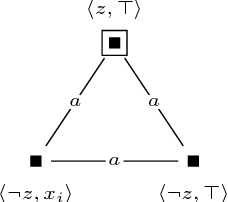
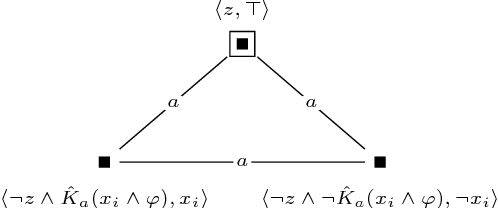
Abstract:Dynamic epistemic logic (DEL) is a logical framework for representing and reasoning about knowledge change for multiple agents. An important computational task in this framework is the model checking problem, which has been shown to be PSPACE-hard even for S5 models and two agents. We answer open questions in the literature about the complexity of this problem in more restricted settings. We provide a detailed complexity analysis of the model checking problem for DEL, where we consider various combinations of restrictions, such as the number of agents, whether the models are single-pointed or multi-pointed, and whether postconditions are allowed in the updates. In particular, we show that the problem is already PSPACE-hard in (1) the case of one agent, multi-pointed S5 models, and no postconditions, and (2) the case of two agents, only single-pointed S5 models, and no postconditions. In addition, we study the setting where only semi-private announcements are allowed as updates. We show that for this case the problem is already PSPACE-hard when restricted to two agents and three propositional variables.
Parameterized Complexity Results for a Model of Theory of Mind Based on Dynamic Epistemic Logic
Jun 24, 2016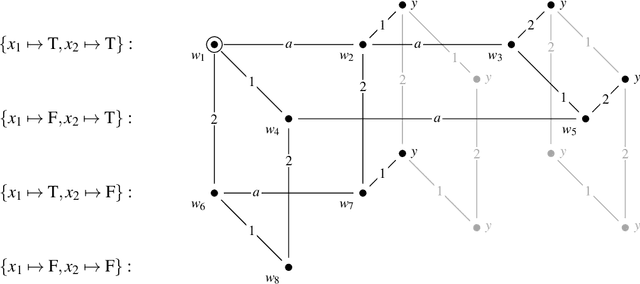
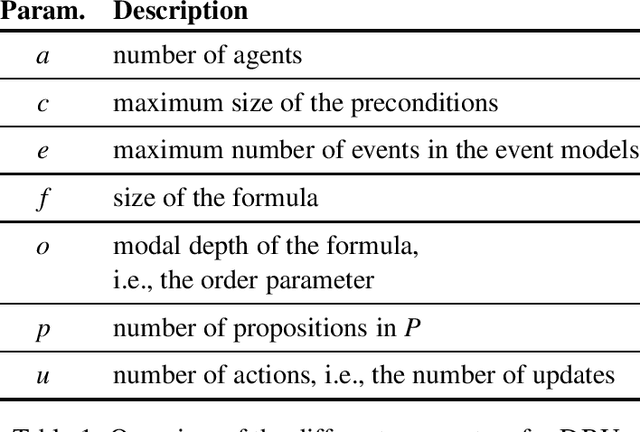
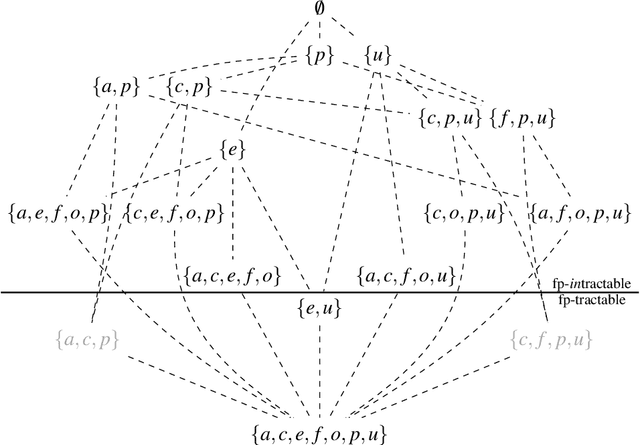
Abstract:In this paper we introduce a computational-level model of theory of mind (ToM) based on dynamic epistemic logic (DEL), and we analyze its computational complexity. The model is a special case of DEL model checking. We provide a parameterized complexity analysis, considering several aspects of DEL (e.g., number of agents, size of preconditions, etc.) as parameters. We show that model checking for DEL is PSPACE-hard, also when restricted to single-pointed models and S5 relations, thereby solving an open problem in the literature. Our approach is aimed at formalizing current intractability claims in the cognitive science literature regarding computational models of ToM.
* In Proceedings TARK 2015, arXiv:1606.07295
 Add to Chrome
Add to Chrome Add to Firefox
Add to Firefox Add to Edge
Add to Edge